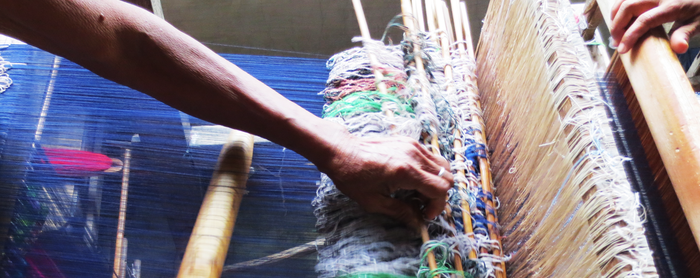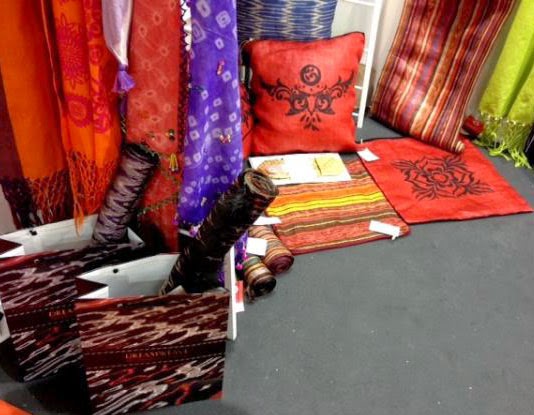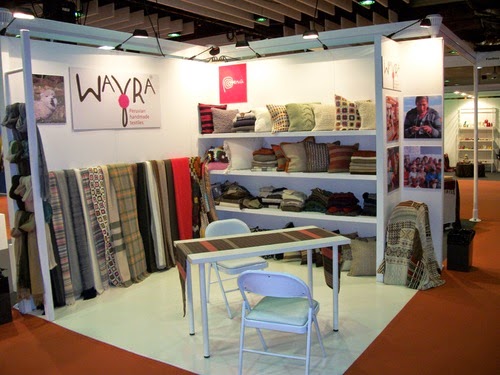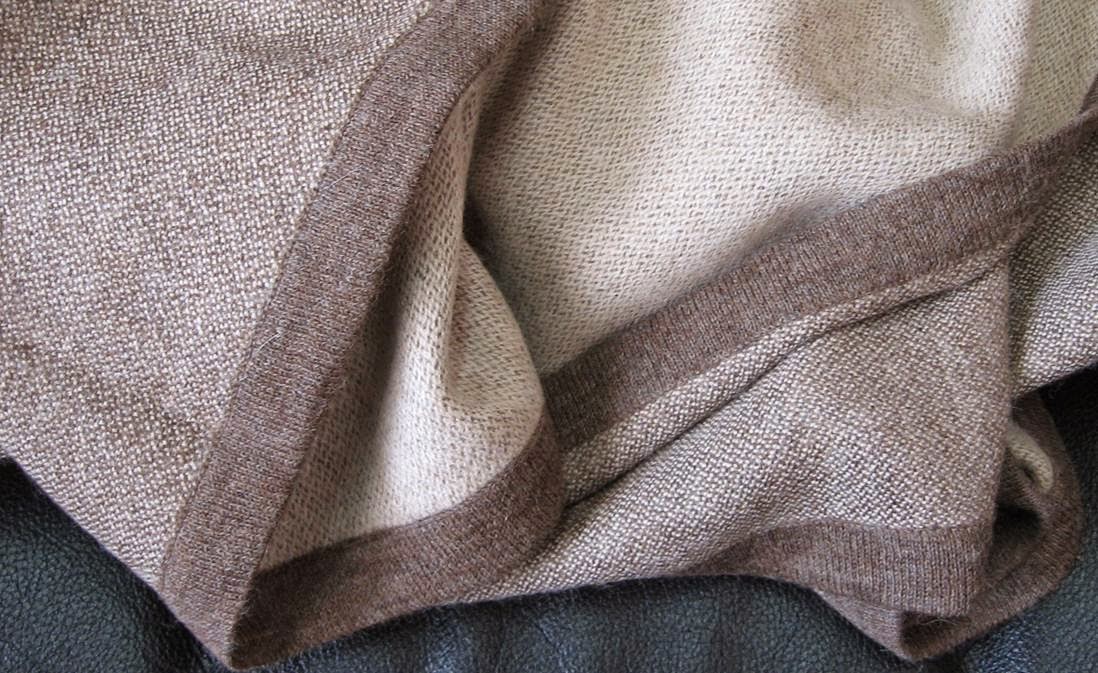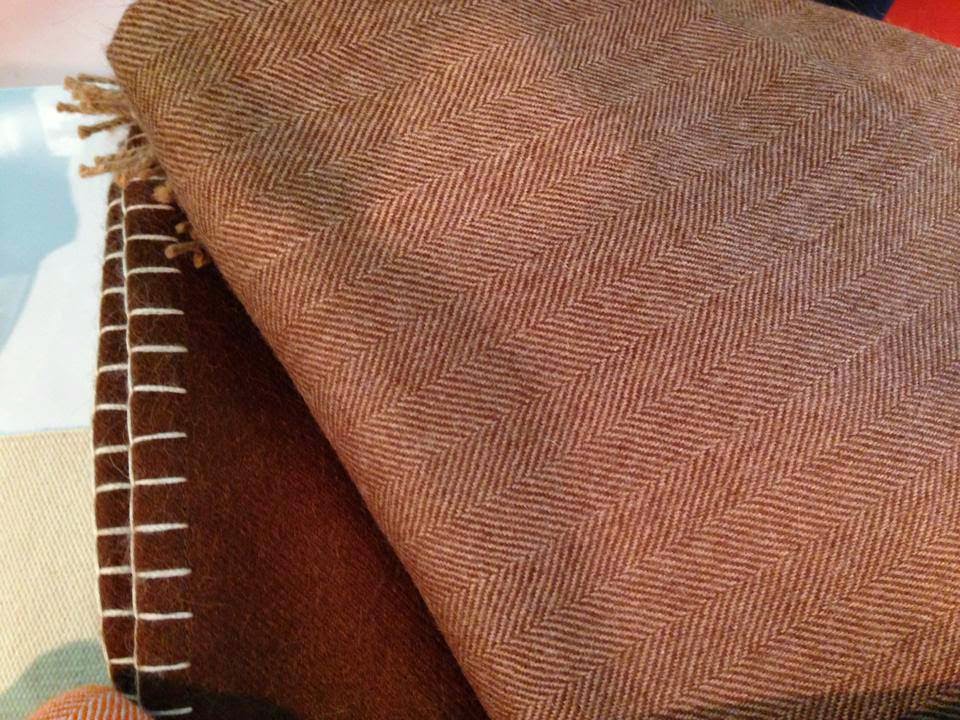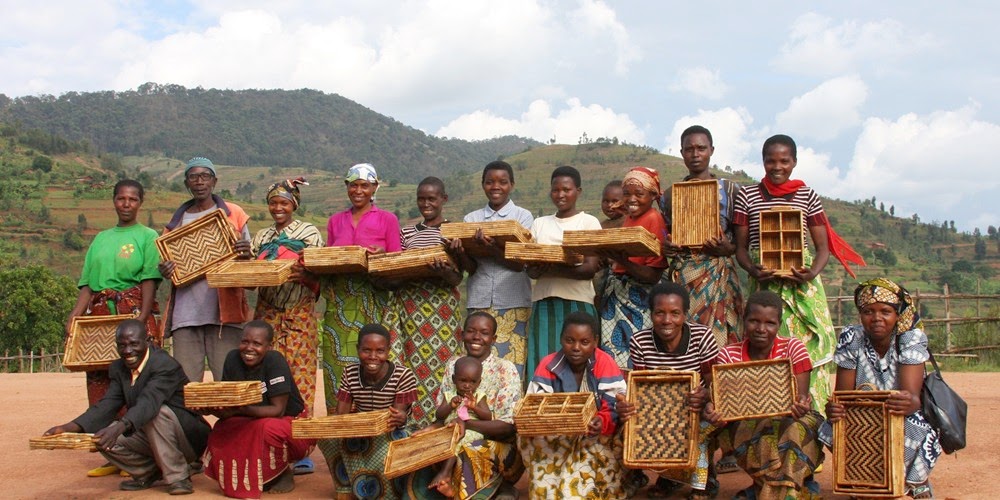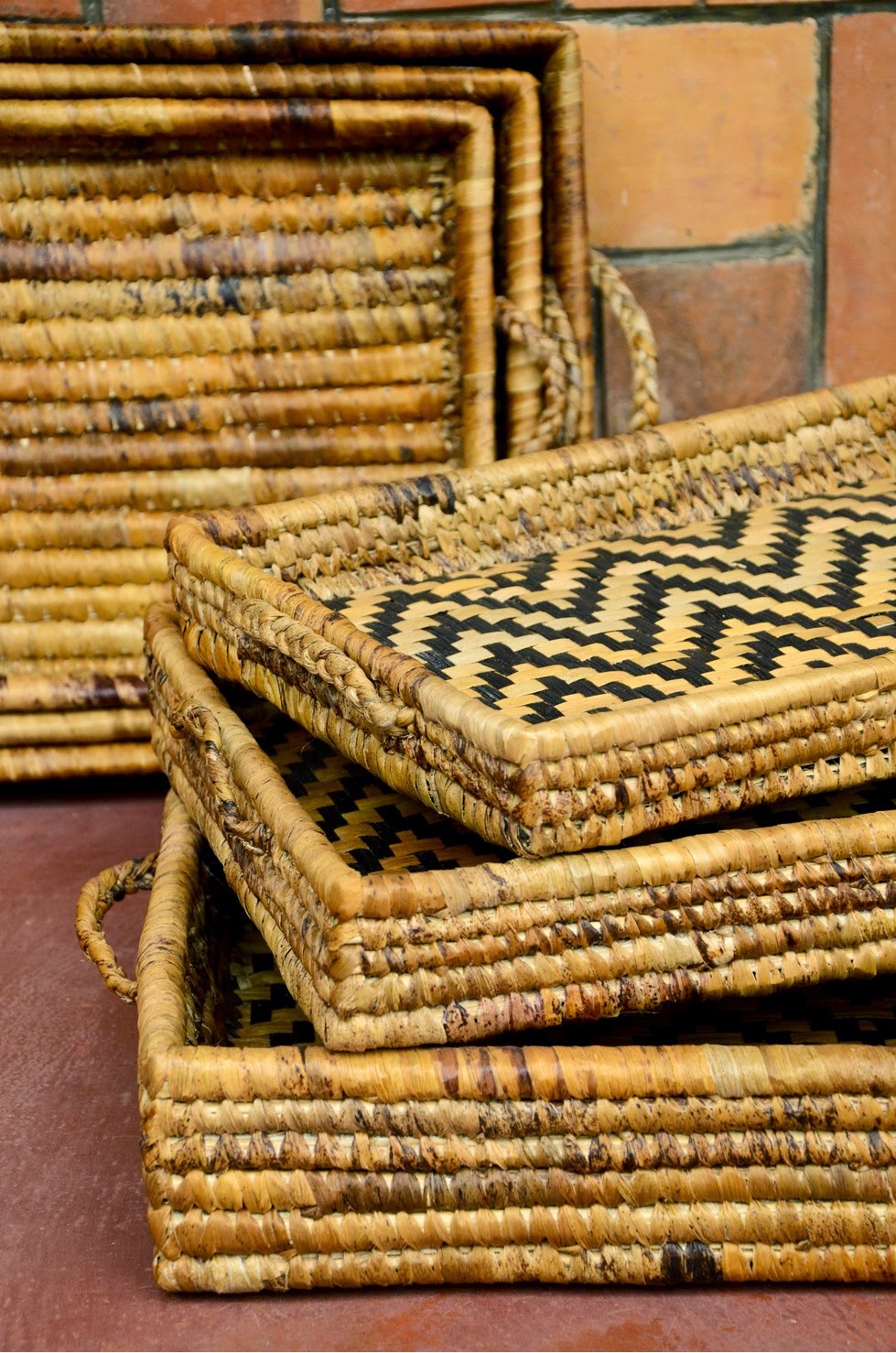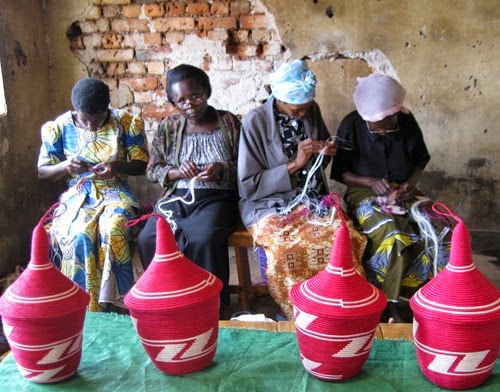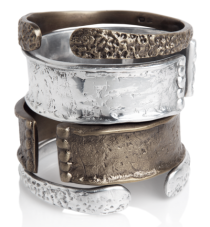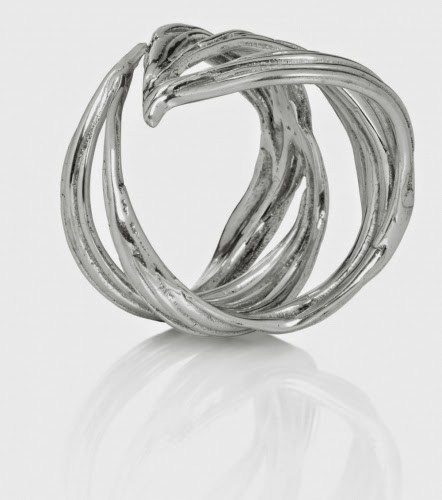The show opened with an astounding shift in focus, at Pier 94, typically reserved for the higher-end, more interesting and expensive home furnishings. We checked in and were immediately in the middle of what was billed as, NY NOW- Artisan Resource Show, a first for me on my annual treks to this Big Apple show. The show was organized with the help of by hand consulting, a private consulting company that aligns buyers sourcing new artisan products with the artisan enterprises seeking those buyers.
Artisan Resource, which was created as a first-of-its-kind artisan production-sourcing event to fill what the show’s producers see as an increasing demand for handmade artisan and socially responsible products.
Artisan Resource exhibitors were selected for their commitment to design innovation, cultural preservation, social enterprise and sustainability.
The show premise was that an artisan resource should include community participation in each product, allow the process to be shown in the design and product and homespun impurities to be shown, for the artisan’s touch to be seen, for the maker’s name and story to be highlighted and to keep artisan craftsmanship, traditional methods, techniques and cultural heritage thriving.
Exhibitors were mostly from countries that are very rarely if ever represented at an international trade show included Afghanistan, Brazil, Cameroon, Egypt, Ethiopia, Haiti, Kyrgyzstan, Madagascar, Morocco, Nepal, Niger, Pakistan, Philippines, Peru, South Africa, Tajikistan, Tunisia, and Uzbekistan.
Product categories included Gift, Home Décor, Textiles, Tabletop, Stationery, Jewelry, and Fashion Accessories made from materials of ceramics, glass, metal, leather, natural fibers, recycled materials, and paper.
There were three exhibitors that stood out to us as exemplary: ECHOstore from the Philippines, Wayra from Peru, and Azizi from Rwanda.
We were particularly impressed with ECHOstore(Environment & Community Hope Organization), which showcased the textile-based products of the GREAT Women Project (Gender Responsive Economic Actions for the Transformation of Women), groups or tribes of woman that are indigenous to the Philippines. They had rolls of beautiful Inabel textiles (a hand woven textile that is intimately connected to the people who create them) made by the tribeswomen, woven and dyed using vegetable dyes.
According to an article on kickstarter.com, Inabel fabric is hand woven on ancient looms by Filipino women. It takes 2 weeks just to set up a pattern on a loom and a loom can produce only about 2 meters of fabric a day. The process is intricate and time-consuming, but the fabrics are positively gorgeous.
Today, there are less than ten Inabel master weavers alive. They warn that within a generation, the Inabel tradition may vanish – unless we do something about it. To learn more follow this link: https://www.kickstarter.com/projects/1499963305/inabel-modern-design-from-a-centuries-old-traditio
ECHOstoregives market access to small or marginalized groups, gathering local products that represent ideals of health, fair trade, and care for the environment. Products highlight and support local cultural traditions, and artisan skills.
ECHOstore also created Echo Design Lab (EDL), a program of that addresses the sustainability, “leveling/valuing products up” by refining them or suggesting new designs; helps the group with visual identity development and new packaging; highlights their unique stories; helps create more products for a global and lifestyle market. Materials and their sources are also studied, as well as new product variants that could be developed from the existing products.
We also loved learning about Wayra (means wind in the native language Quechua- the native language of
the Incas), is one of the biggest producers of organic textiles and the only certified fair-tradecompany in
Peru.
The only certified fair trade company in Peru? Just one? Wow!
The company was founded just nine years ago by Mercedes Benavides, when she wanted to create jobs for women in small mining communities in the highlands of Peru. She gathered the women of the villages to discuss different sustainable opportunities to create an income for them and after some pondering they all agreed that their special skill was to make beautiful Christmas ornaments that they could sell. The cheerful ornaments were the start of a company that today sells their products the world over.
Wayra has expanded to produce handmade textiles for custom and private label textiles using natural, luxurious fibers such as alpaca wool, cotton, wool and other Peruvian blends, producing throws, bed blankets, pillows, shams, sweaters, gloves, shawls, scarves, hats and many other hand knitted, hand loomed, and hand crocheted products that are sold around the globe.
I felt a particular kinship to this next organization, Azizi Life, because their program was based in Rwanda. We had supported (in a small way) a program through our church, All Saints by the Sea in Montecito, CA, which provided farm animals to woman who had survived the genocide in Rwanda, who are now widows raising their children. As a matter of fact, one Christmas when my daughter had put a designer handbag on her Christmas list, we opted instead to give her a certificate for one goat that was given in her name to the woman of Rwanda! To her credit, she seemed to cherish that gift.
Azizi Life’s vision is: “to participate in local initiatives for the development of Rwandan
communities working towards physical and spiritual wholeness for all”
Artisans are paid an agreed-upon fair wage as soon as their products are received by the organization. The additional income from the sale of their art allows the craftspeople & their families to afford many things that they struggled to get before such as medical insurance, school materials for their children, soap and other cleaning products for hygiene, better food and diet improving nutrition, and even farm animals that provide manure which improves soil quality and crop yield.
The financial independence to purchase these kinds of things provides a real sense of security and hope for the future for the artist and her whole family, and the organization of the various groups of artisans breeds community and helps to heal the pain that so many in this county suffered.
Another exhibitor that really took our eye, and our first order was Makaua, which means “hand to hand”, and “giving a hand” in the ancient Nahuatl (Aztec) language. Made from the sustainable palm fiber form Southern Mexico. The company was started in 2002 and today numbers over 700 people.
Also at the Pier, but not part of Artisan Resource was LuLu DK (Lulu deKwiatkowski), our friend and fabric designer from Los Angeles. Lulu is known for her colorful fabrics- for both indoors and outdoors, as well a children’s textile collection, and a collection of luxury sheeting from Cabana Home bedding vendor, MATOUK New York.
So, yes we were surprise when we spotted Lulu in the middle of a mob scene- I figured a press event for the photogenic designer but on closer examination, after we’d jockeyed our way through the crowd, she was selling only the latest trend, Flash Tattoos!
Just the day before this, while sitting on the beach with our daughter in St. Martin, she was telling me about these new “Flash Tat’s” (temporary metallic tattoos that look like jewelry). “So cool”, she exhorted, just the day before! So, Lulu, you were on it!
Before I go, I have a Worst of Show for you, though I kind of don’t want to show it because I’m embarrassed for us all – it was made in America!
Why couldn’t it have been made in Ghana, or Micronesia?
Anyway, here goes:
Source: A Design Guy








